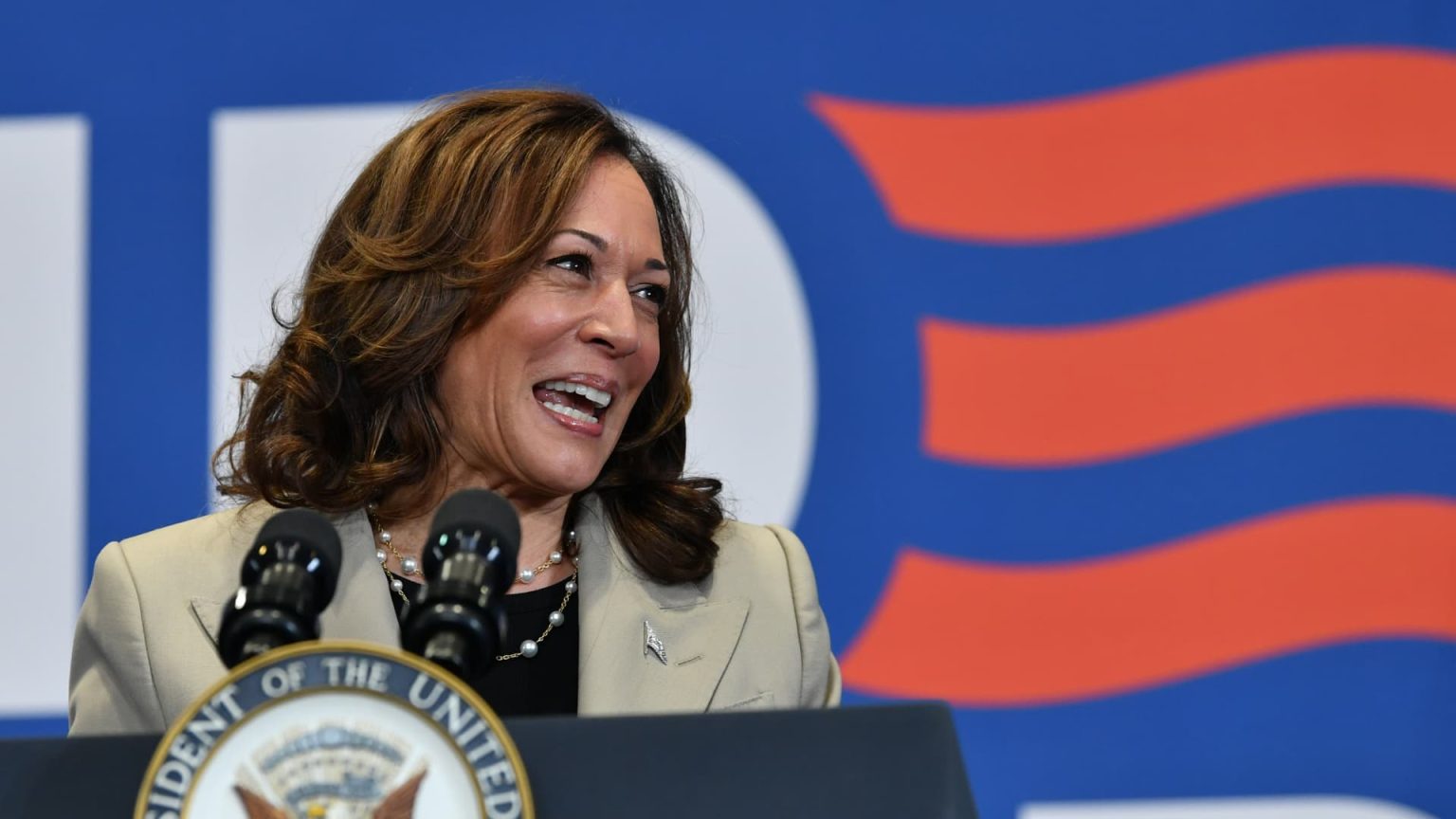President Joe Biden’s endorsement of Vice President Kamala Harris as the Democratic nominee for president has injected new energy and uncertainty into the November race. Biden’s decision to step down following a poor debate performance and flagging poll numbers has shifted the dynamics of the race, giving the Democrats a fighting chance, according to experts such as Ian Bremmer, President and Founder of Eurasia Group. While Harris is on track to secure the nomination, she still needs to win a majority of delegates ahead of the Democratic National Convention in August. Should Harris become the nominee, she would offer the Democrats a chance to reset and present a unified front against Republican nominee Donald Trump.
Steven Okun, founder and CEO of APAC Advisors, highlighted Harris’ potential to unite the Democratic party and energize voters for November’s election. Harris, with her youth, energy, and strong stance on reproductive rights, could be well-positioned to take on Trump in a match-up, according to presidential historian Allan Lichtman. While Harris may have weaknesses, such as lower likability and the risks associated with being a woman of color in politics, she also has the ability to mobilize key demographics such as women, young people, and black voters. This makes her a formidable opponent for Trump, shifting the race into a new and unpredictable phase.
The endorsement of Harris has created greater uncertainty in the markets, which had been pricing in a Trump victory based on expectations of tax cuts and a strong tariff policy. Charles Myers, Signum Global policy Founder and CEO, noted that Harris’s candidacy has thrown the race into disarray and could potentially give Trump a real challenge for re-election. Trump’s dismissal of Harris as an easier opponent compared to Biden may prove to be premature, as Harris has the potential to gain momentum and pull ahead in the polls after securing the nomination. The choice of running mate is crucial for Harris, with Governor Josh Shapiro of Pennsylvania and Senator Mark Kelly of Arizona being seen as likely frontrunners due to their status as more moderate figures from key swing states.
Despite the potential advantages that Harris brings to the Democratic ticket, including her strong stance on reproductive rights and ability to mobilize key demographics, there are still challenges ahead for the party. Okun highlighted the need for Democrats to unify factions within the party, such as moderates and progressives, in order to present a cohesive front against Trump and the Republican party. Failure to unite could result in a loss to a Republican party that remains unified around Trump. The outcome of the November election remains uncertain, with Harris introducing a new dynamic that could upend existing predictions and assumptions about the race.
In the coming months leading up to the Democratic National Convention in August, the focus will be on Harris as she works to secure the nomination and build momentum for the general election in November. With Biden’s endorsement and the support of key party figures, Harris is well-positioned to become the Democratic nominee and take on Trump in what is shaping up to be a closely contested and unpredictable race. The race for the presidency is entering a new phase with Harris as the frontrunner, providing an opportunity for the Democratic party to reset, unite, and present a strong challenge to Trump’s bid for a second term in office.


